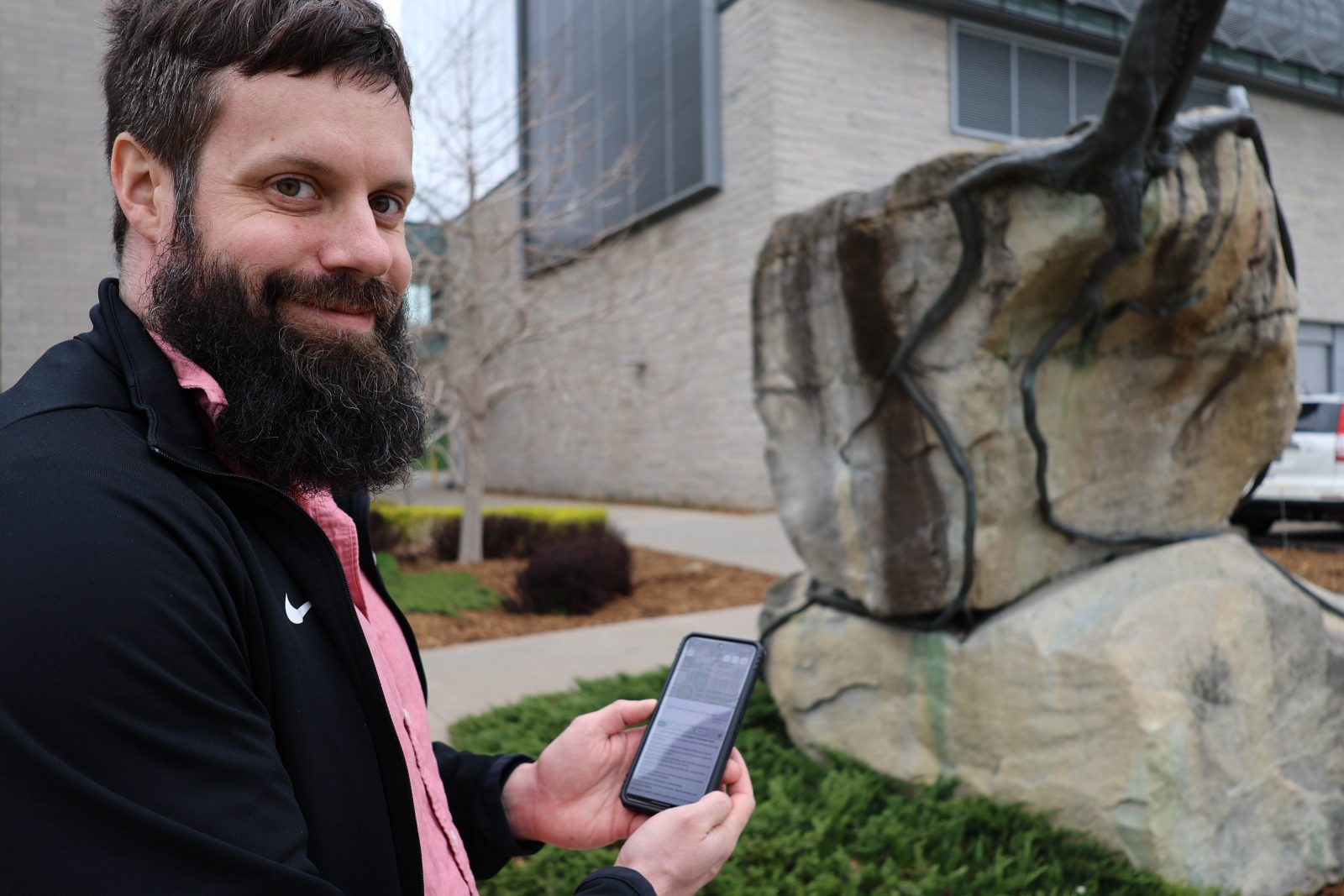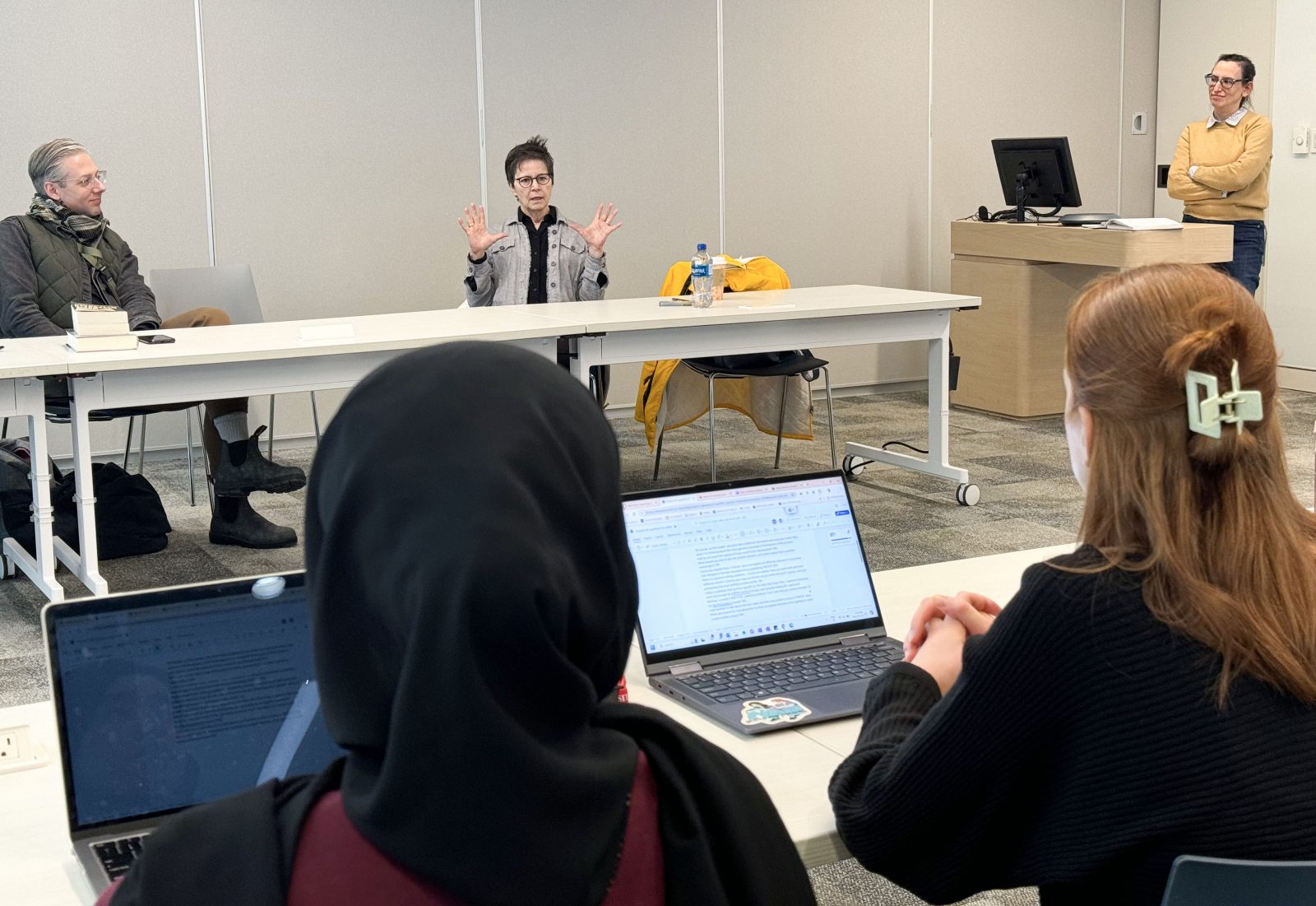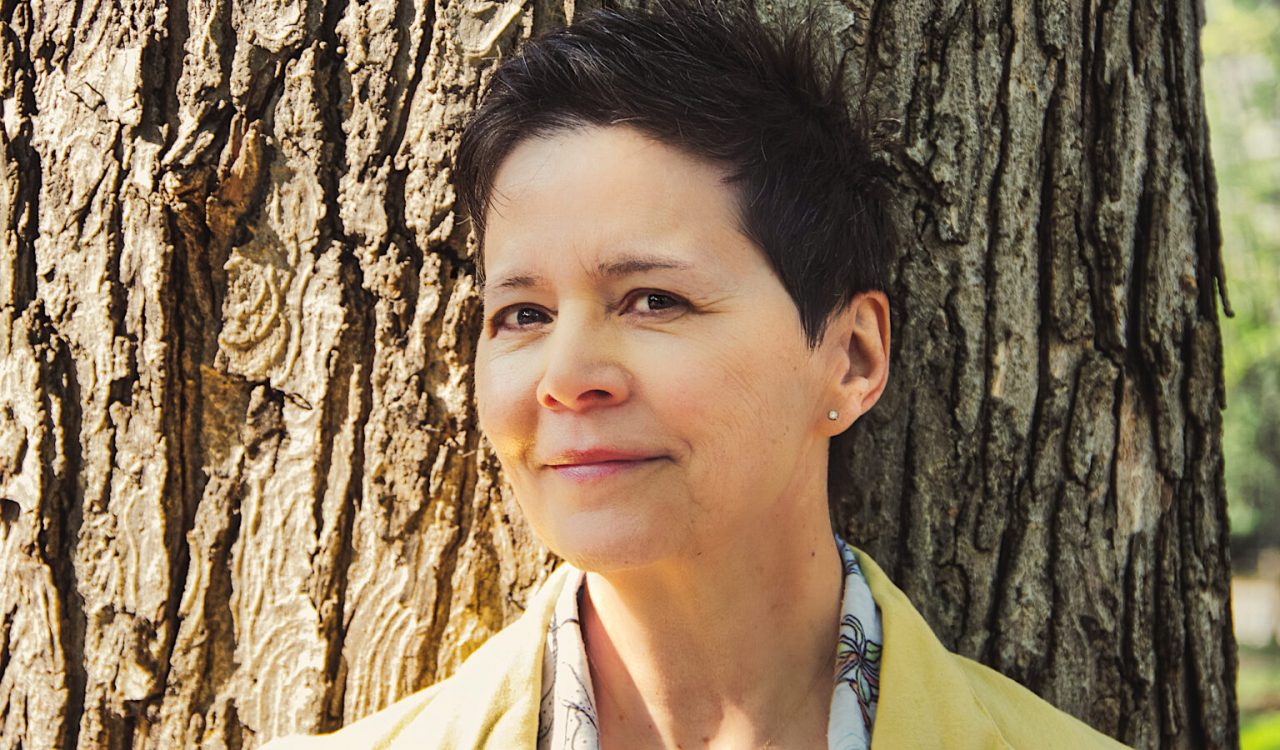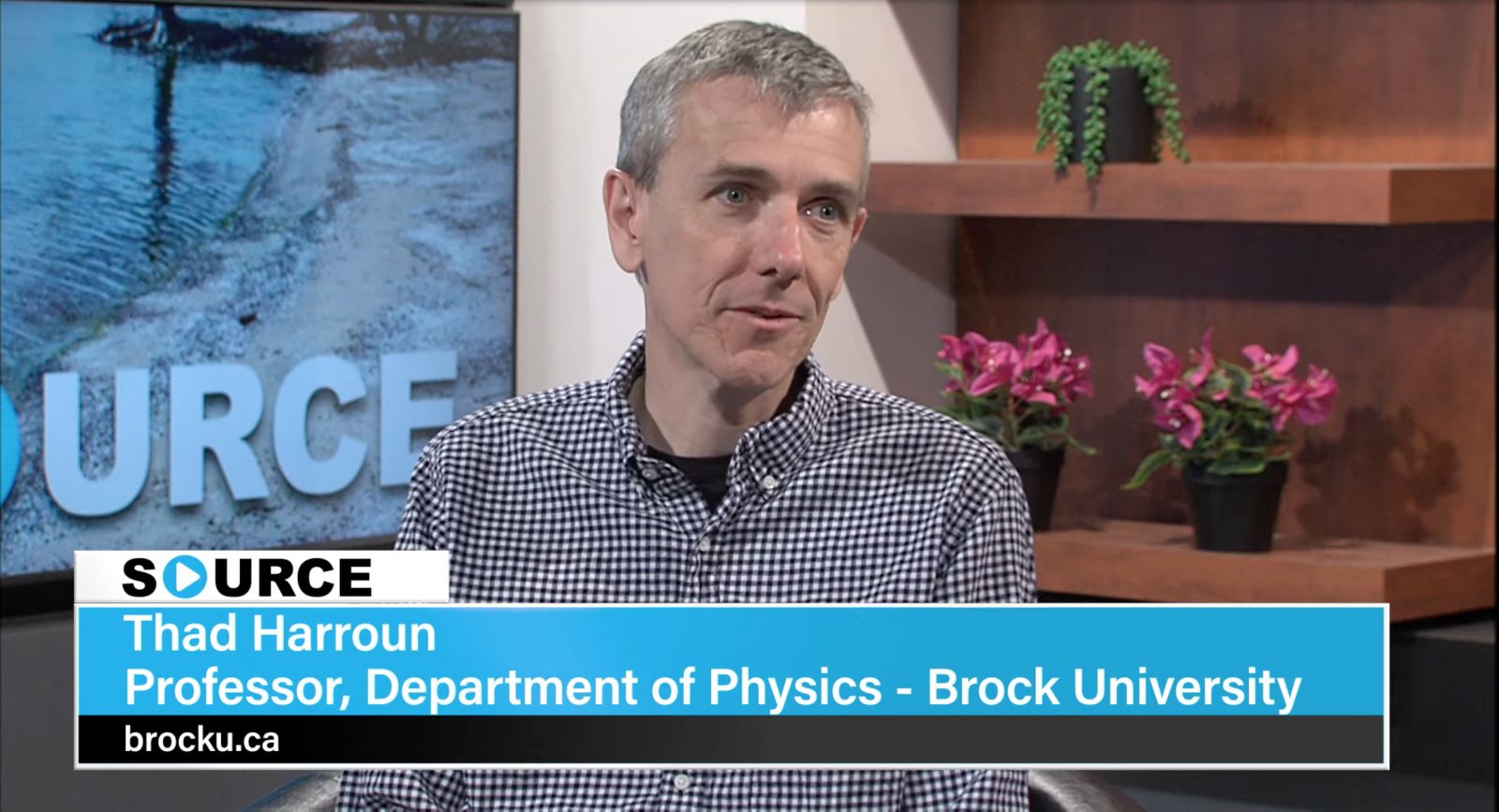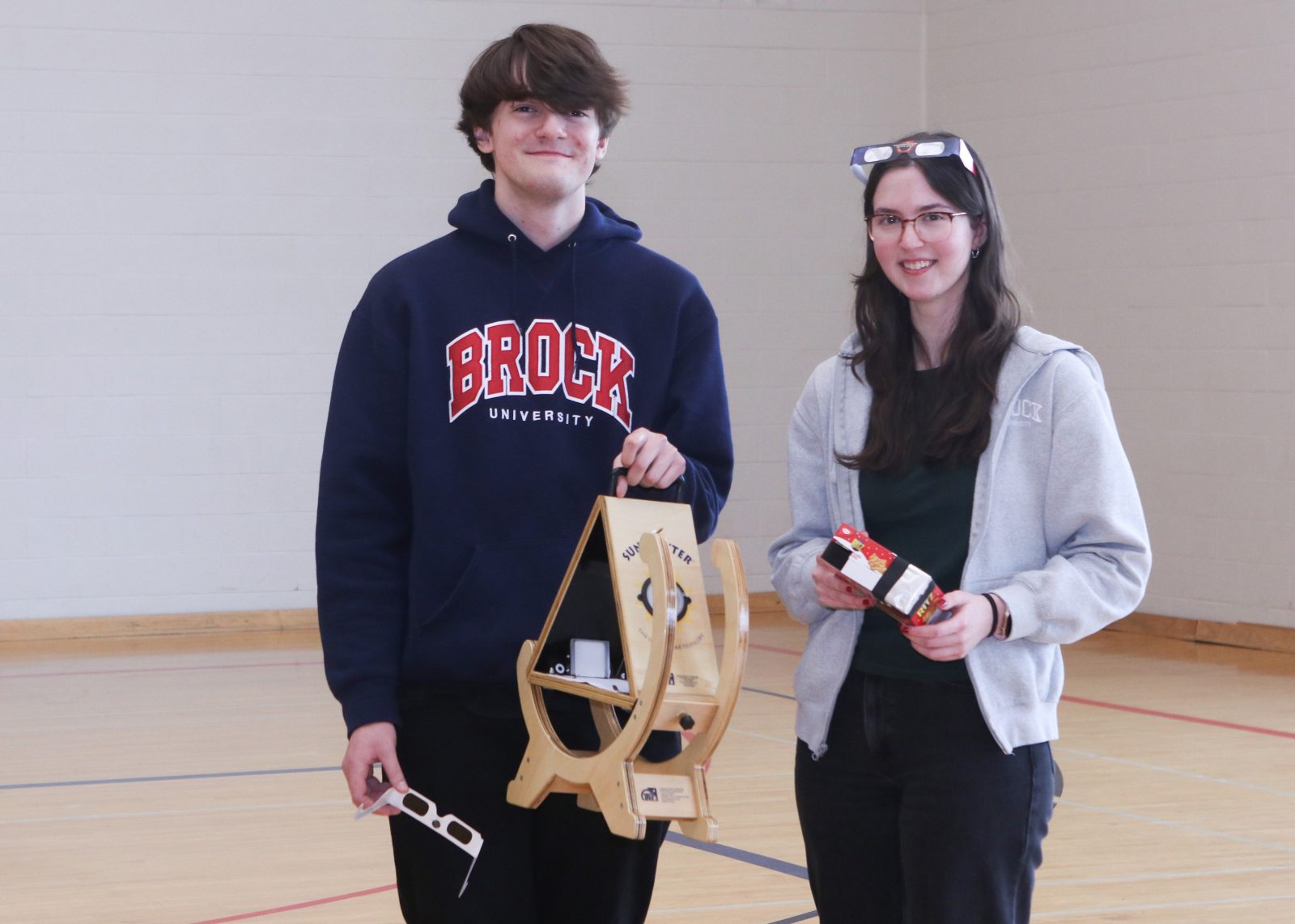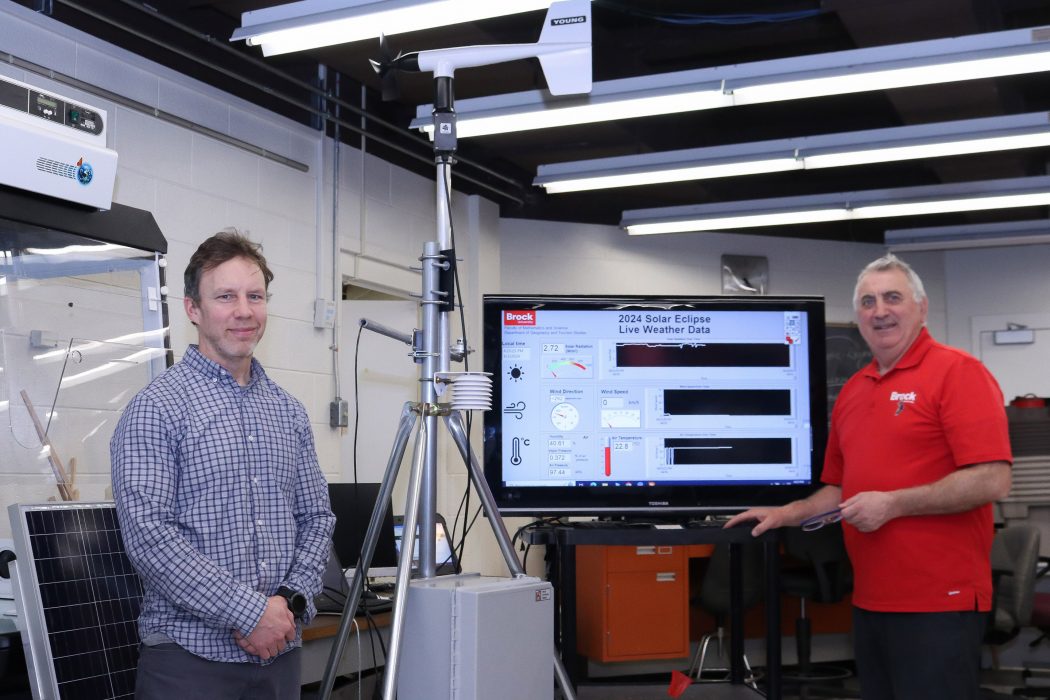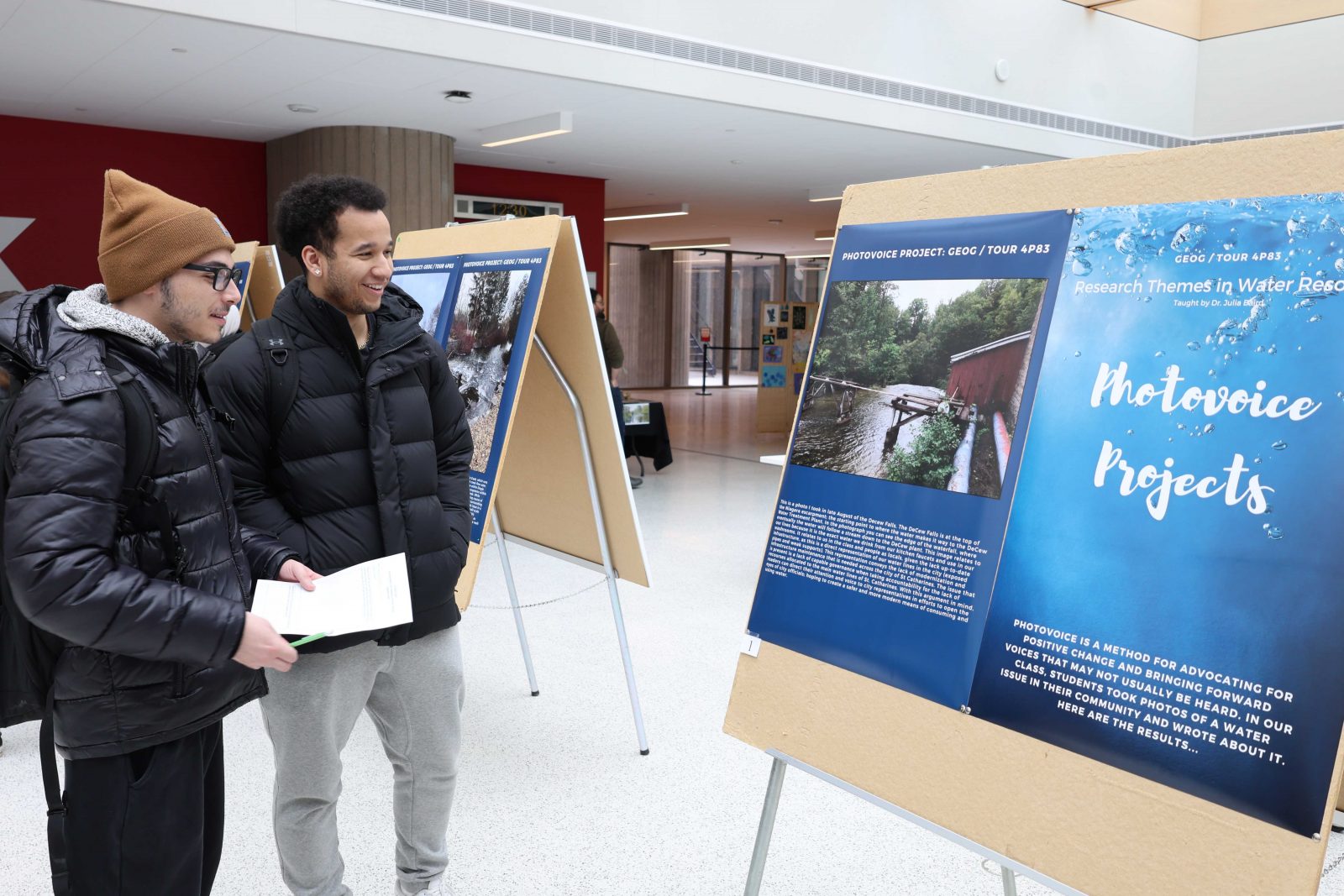
Brock University and NHL Stenden University of Applied Sciences signed a Student Exchange Agreement in April to expand opportunities for student mobility and collaboration. Brock University Vice-Provost and Associate Vice-President, Academic Brian Power (seated left) and President of NHL Stenden Erica Schaper (seated right) were joined by senior leaders of both institutions as well as staff involved in student exchange projects under the new agreement.
Brock University and NHL Stenden University of Applied Sciences are working together to strengthen their global connections and create new international opportunities for students and faculty.
The universities signed a Student Exchange Agreement on Friday, April 26 that is set to expand opportunities for student mobility and collaboration.
“Exposing individuals to different perspectives, languages and cultures fosters tolerance, empathy and global citizenship, preparing graduates to thrive in a multicultural world,” said Brock University’s Vice-Provost and Associate Vice-President, Academic Brian Power during the signing ceremony.
Representatives from NHL Stenden, including President Erica Schaper, Chairperson of the International Advisory Board Stephen Dunnett, Director of International Affairs Wayne Johnson and Study Abroad Co-ordinators Afke Bruinsma and Moniek Dijkema, toured Brock’s campus before the formal signing, deepening their understanding of how their students and faculty can collaborate with the Brock community.
“We constantly seek opportunities and possibilities for our students to push their boundaries and further develop themselves,” said Johnson. “We believe this partnership with Brock University will create these moments and therefore we are excited to sign this exchange agreement and look forward to further developing our relationship to include many more possibilities.”
International partnerships are facilitated through Brock International. For more information, please visit the Brock International website.







